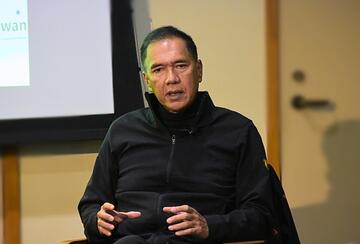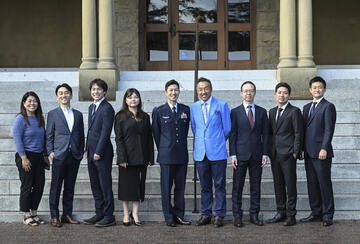APARC News
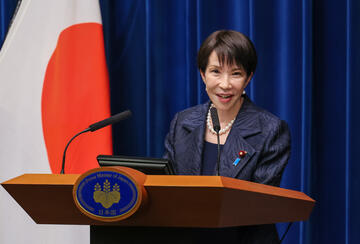
Stanford sociologist Kiyoteru Tsutsui, director of the Shorenstein Asia-Pacific Research Center and the Japan Program, explains the path to power of Japan’s first female prime minister and what her leadership means for the country's future.
In his new book, What It Takes: Southeast Asia, Gita Wirjawan examines how Southeast Asia can unlock its untapped potential by leveraging its massive economic and human scale to claim its place on the global stage.
Each year, the Global Affiliates Program hosts at APARC a cohort of qualified personnel nominated by our affiliate members, who send their talent to Stanford as visiting fellows for a year of research and enrichment.
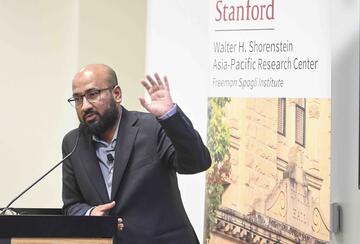
The 2025 Shorenstein Journalism Award recognized Netra News, Bangladesh’s premier independent media outlet, at a celebration featuring Tasneem Khalil, its founding editor-in-chief, who discussed its mission and joined a panel of experts in considering the prospects for democracy in Bangladesh.
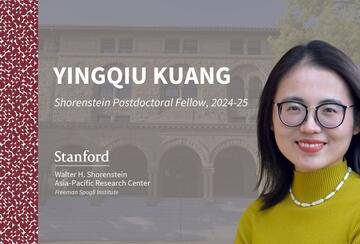
In this interview, Shorenstein Postdoctoral Fellow on Contemporary Asia Yingqiu Kuang discusses her research on the transformation of global technology governance, focusing on how China and other East Asian economies are influencing emerging technical standards and redefining the rules that underpin digital innovation.
At the second annual Sushi Hackathon, teams of student innovators joined technology professionals and entrepreneurs at Stanford to explore ethical AI and showcase AI-powered solutions to promote sustainability and efficiency in the fisheries industry.
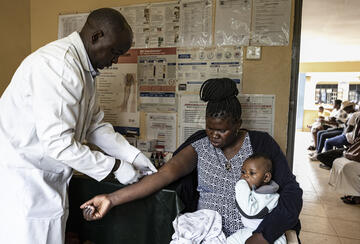
Why Now Is the Time for Fundamental Reform
At the 4th International Conference on the Sociology of Korea, a cross-generational community of scholars gathered at Stanford to examine how Korea’s fast-changing society illuminates shared challenges of demographic transition, inequality, mental health, migration, and more.
Global stock exchanges today operate in a transformed environment. They remain commercial enterprises competing for listings, but they are also strategic assets deeply embedded in state policy and geopolitical rivalry.
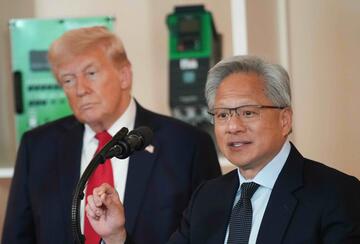
Invoking national security and the economic rivalry with China, the Trump administration is pursuing legally dubious interventions and control of private industry, with potentially high costs for US dynamism. Like the panic over Japan's rise in the 1980s, the administration's response is unwarranted and counterproductive.
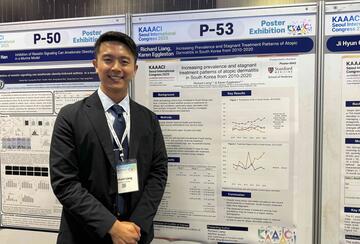
Spanning medicine, public health, and East Asian studies, Richard Liang’s rare academic path at Stanford has fueled collaborations that bridge research and policy across borders and disciplines.
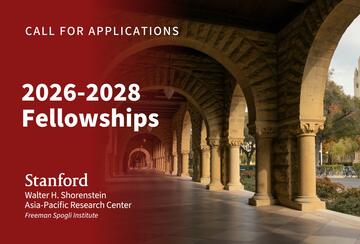
The center offers multiple fellowships in Asian studies to begin in fall quarter 2026. These include a postdoctoral fellowship on political, economic, or social change in the Asia-Pacific region, postdoctoral fellowships focused on Asia health policy and contemporary Japan, postdoctoral fellowships and visiting fellow positions with the Stanford Next Asia Policy Lab, and a visiting fellow position on contemporary Taiwan.

The new volume, edited by Stanford historian Yumi Moon, examines the experiences of Asian populations displaced by the conflict between the United States and the Soviet Union.
The Green Revolution 2.0
Why We Need to Invest in Agricultural Education Now
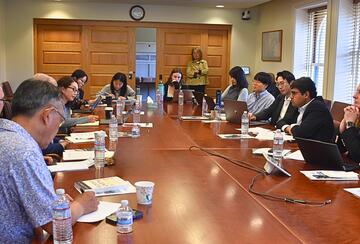
Stanford Next Asia Policy Lab Probes Political Messaging and Public Attitudes in U.S.-China Rivalry
At a recent conference, lab members presented data-driven, policy-relevant insights into rival-making in U.S.-China relations.

Despite rising health care spending, adults in South Korea’s lowest-income quintile experience the smallest relative improvement in life expectancy and well-being, according to a new study. The co-authors, including Stanford health economist Karen Eggleston, call for the country’s health policy to prioritize both equity and value, and highlight lessons for other health systems.
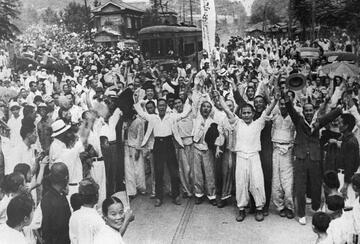
Within Asia, World War II memories and commemorations are not only different from those in the United States but also divided and contested, still shaping and affected by politics and nationalism. Only when U.S. and Asian leaders come together to mark the end of the Asia-Pacific war can they present a credible, collective vision for the peace and prosperity of this important region.
Jihui Seong (MA '25 East Asian Studies) is the recipient of the 14th annual Korea Program Prize for Writing in Korean Studies, for her thesis "A Truce Built on Tension: The Korean War Armistice Negotiations and the Strategic Divergence Between Allies."
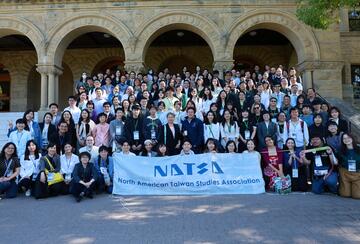
Taiwan Studies Students and Scholars Gather at Stanford to Advance New Directions for the Field
The North American Taiwan Studies Association’s 2025 conference invited participants to embrace the “otherwise,” elevating overlooked aspects of Taiwan and reimagining the field of Taiwan studies to challenge dominant narratives and disciplinary methodologies.
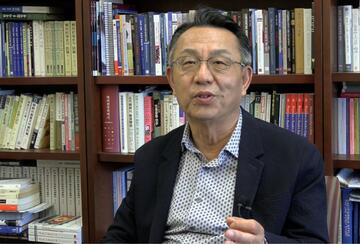
In his new book, The Four Talent Giants, Shin offers a new framework for understanding the rise of economic powerhouses by examining the distinct human capital development strategies used by Japan, Australia, China, and India.

The Sustainability Dialogue 2025 on “Climate Action: Billions of Trees” gathered policymakers, academics, private sector leaders, and civil society representatives in Ulaanbaatar to expedite the implementation of Sustainable Development Goal 13 by strengthening Asia-Pacific regional cooperation and facilitating research-policy partnerships.


